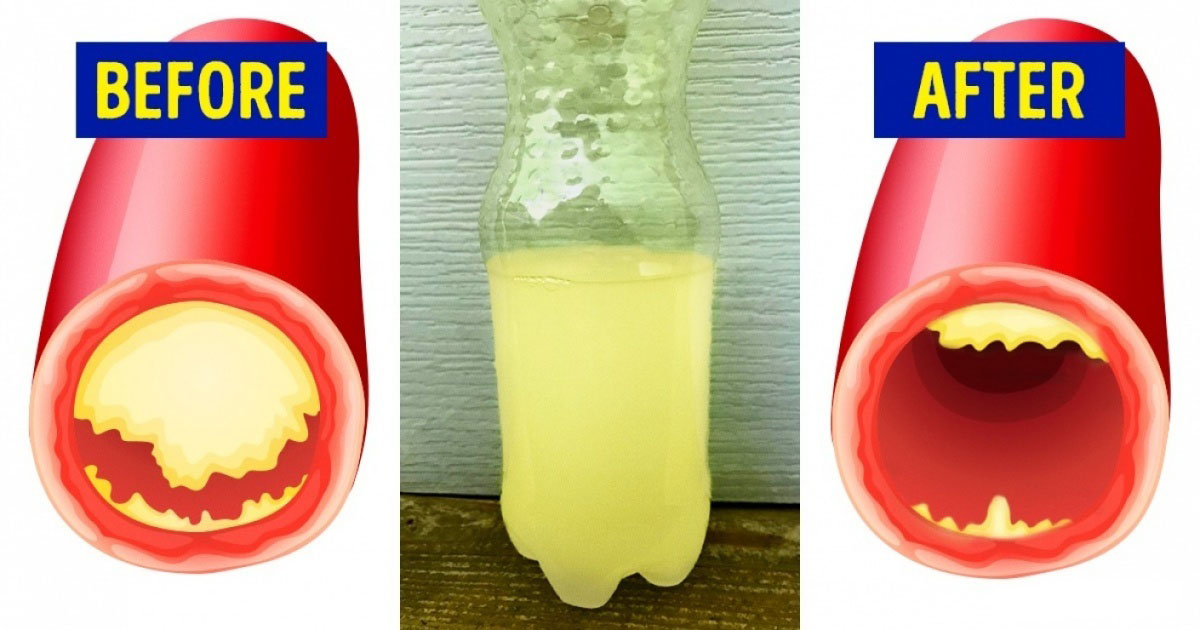Coffee is a daily ritual for millions, loved for its bold taste and energy boost. But beyond its wake-up call, coffee impacts your skin health in ways you might not expect. Packed with antioxidants and caffeine, it can influence everything from acne to aging. So, what happens to your skin if you quit coffee completely? In this article, we dive into six unexpected effects—some challenging, others revealing—when you ditch your daily brew. Whether you’re exploring the benefits of quitting coffee or troubleshooting skin woes, here’s what you need to know about caffeine’s role in skin health.
6. Could Quitting Coffee Trigger More Acne Breakouts?
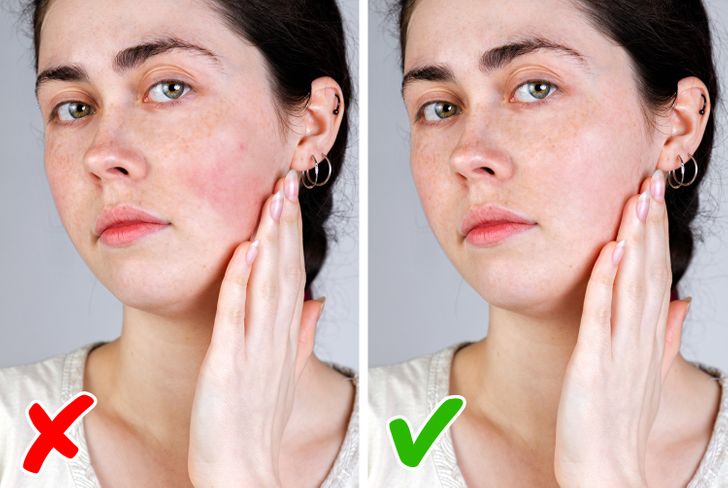
When you stop drinking coffee, your skin might face an unexpected surprise: more breakouts. Coffee’s caffeine can affect hormone levels, particularly cortisol, the stress hormone. Quitting coffee often brings withdrawal symptoms like stress, fatigue, and headaches. According to dermatologists, stress can spike oil production, clog pores, and lead to acne flare-ups. A study on caffeine and skin health suggests this hormonal shift might explain the connection.
Plus, if you swap coffee for sugary drinks, you could worsen the problem—sugar and dairy are notorious acne triggers. To keep breakouts at bay, focus on hydration and stress-relief techniques like yoga. Curious about acne treatments? A solid skincare routine can help balance your skin post-coffee.
5. Does Stopping Coffee Make Fighting Cellulite Tougher?
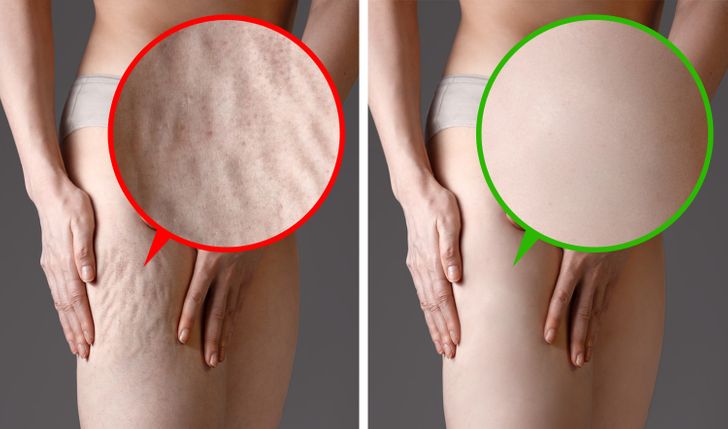
Cellulite—that stubborn, dimpled skin texture—might get harder to tackle without coffee. Caffeine, a star ingredient in anti-cellulite creams, boosts circulation and temporarily dehydrates fat cells, smoothing skin’s appearance. Drinking coffee may offer a milder version of this perk internally. When you quit, you lose that subtle boost, potentially making cellulite more noticeable.
While coffee’s effect on cellulite is modest compared to topical treatments, its absence could slow progress. Pairing a healthy diet with exercise and hydration can still improve skin texture. For faster results, explore anti-cellulite products that target stubborn areas effectively.
4. Will Quitting Coffee Worsen Skin Pigmentation?
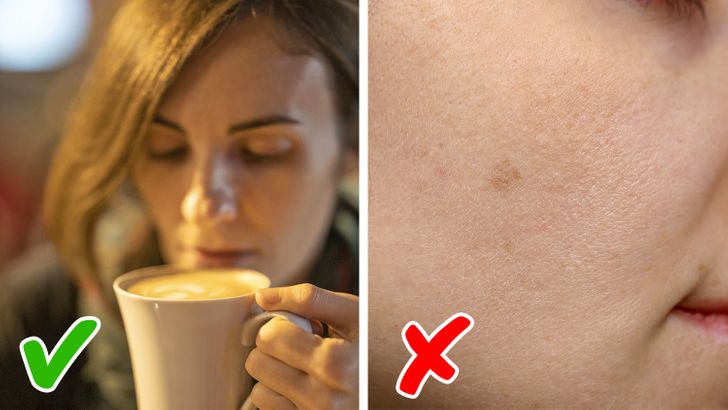
Skin pigmentation, like dark spots or uneven tone, might creep up after quitting coffee. Coffee’s antioxidants fight oxidative stress, a key player in pigmentation caused by sun damage or inflammation. Some research, including a Healthline report on coffee and skin, hints that caffeine may also suppress melanin production, keeping skin lighter.
Without coffee, your skin might lose this protective edge, leading to more dark spots over time. Combat this by loading up on antioxidant-rich foods like berries or green tea and using sunscreen daily. Skincare products for pigmentation, a lucrative market, can also restore an even complexion.
3. Can Quitting Coffee Complicate Rosacea Management?
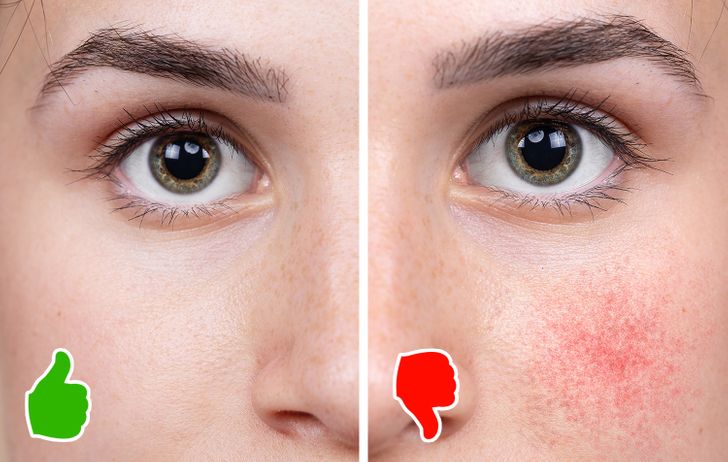
Rosacea, marked by redness and visible blood vessels, has a tricky relationship with coffee. Hot coffee can trigger flushing, a common rosacea flare-up. Yet, caffeine’s vasoconstrictive properties—used in skincare to reduce redness—might offer some relief when consumed. Quitting coffee cuts both the potential trigger and benefit, leaving your skin in flux.
For some, stopping coffee reduces heat-related flare-ups, but others might miss its anti-inflammatory antioxidants. A Mayo Clinic guide on rosacea triggers notes caffeine’s dual role. Monitor your skin and consult a dermatologist for tailored rosacea management strategies, including soothing creams with high ad revenue potential.
2. Will Dark Circles Deepen After You Quit Coffee?
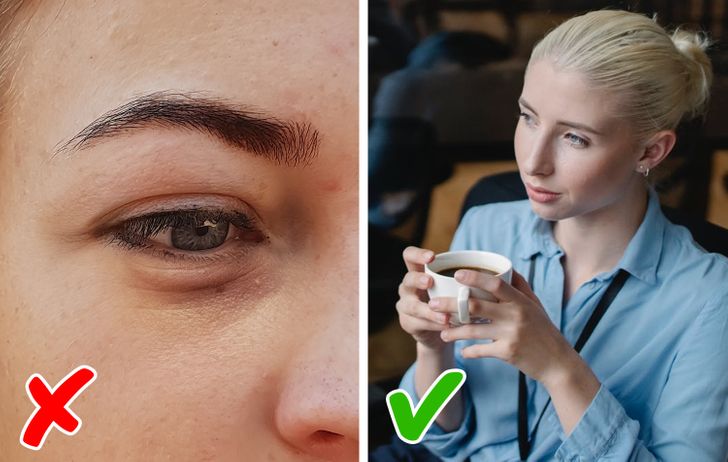
Dark circles under your eyes might stand out more without coffee. Caffeine constricts blood vessels, reducing puffiness and the shadowy look of under-eye skin. When you quit, this quick fix fades, and dark circles could appear more pronounced. A study on caffeine’s skin benefits supports this temporary effect.
On the flip side, coffee can disrupt sleep, a major dark circle culprit. Quitting might improve rest, gradually lightening the area. Until then, lean on hydration, sleep, and under-eye creams—popular products—to brighten your look naturally.
1. Does Quitting Coffee Speed Up Skin Aging?
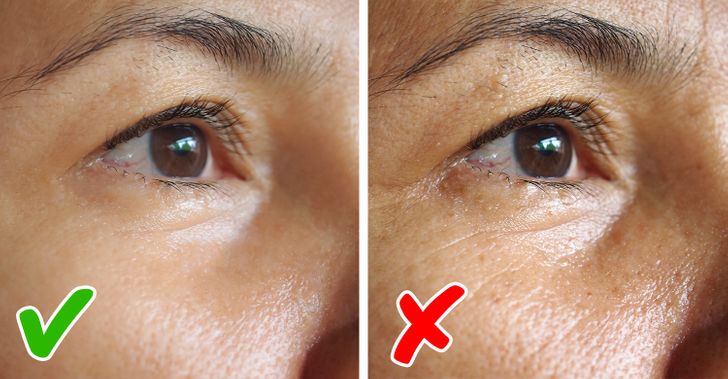
Your skin might age faster without coffee’s antioxidant power. Coffee is loaded with compounds that neutralize free radicals, protecting against wrinkles and fine lines. A Journal of Dermatology study on antioxidants highlights their role in slowing premature aging. Quitting coffee could lower your antioxidant intake, leaving skin more vulnerable.
That said, coffee’s diuretic nature can dehydrate if overdone, so balance is key. Post-quit, hydrate well and swap in antioxidant-packed alternatives like matcha or citrus fruits. Anti-aging products, a goldmine for ad revenue, can also keep your skin youthful.
Conclusion
Quitting coffee can shake up your skin in surprising ways—from pesky breakouts to quicker aging. While caffeine offers benefits like reduced redness and antioxidant protection, its absence might challenge your skin health. Everyone’s skin reacts uniquely, so track your changes and adjust with hydration, diet, and targeted skincare. Ready to quit coffee? Arm yourself with these insights to keep your complexion glowing.
External References
Journal of Dermatology: Antioxidants and Aging
Study on Caffeine and Skin Health
Healthline: Coffee and Skin Effects
Preview photo credit Shutterstock.com
